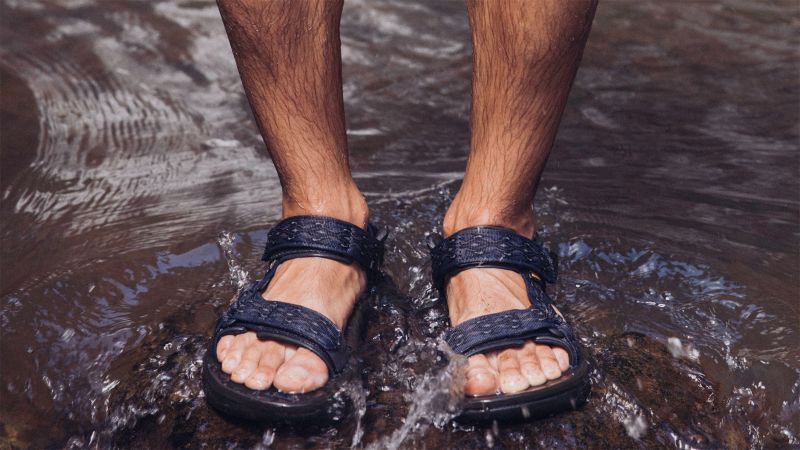Huh, I’m not sure they are comparable.
Didn’t USB A and USB B use a master-slave relationship in which the male would (generally) always be the slave, whereas USB C uses agreement and discussion to decide the master and slave roles regardless of connector gender.
Please do correct me if I’m wrong. Also, do we say “agent” now instead of “slave”, or what is the new term?












Hmmm, the front page looks like they’re trying to sell a LLM code generator with additional QOL to businesses, and not a developer focused IDE or extensible text editor.
Definitely not something that catches my interest as a developer. Though, I haven’t tried it, so these are just initial impressions from reading their landing page.
Edit: also, why down vote the above? It appears perfectly relevant to the discussion. If you disagree, why not make a comment about it instead?